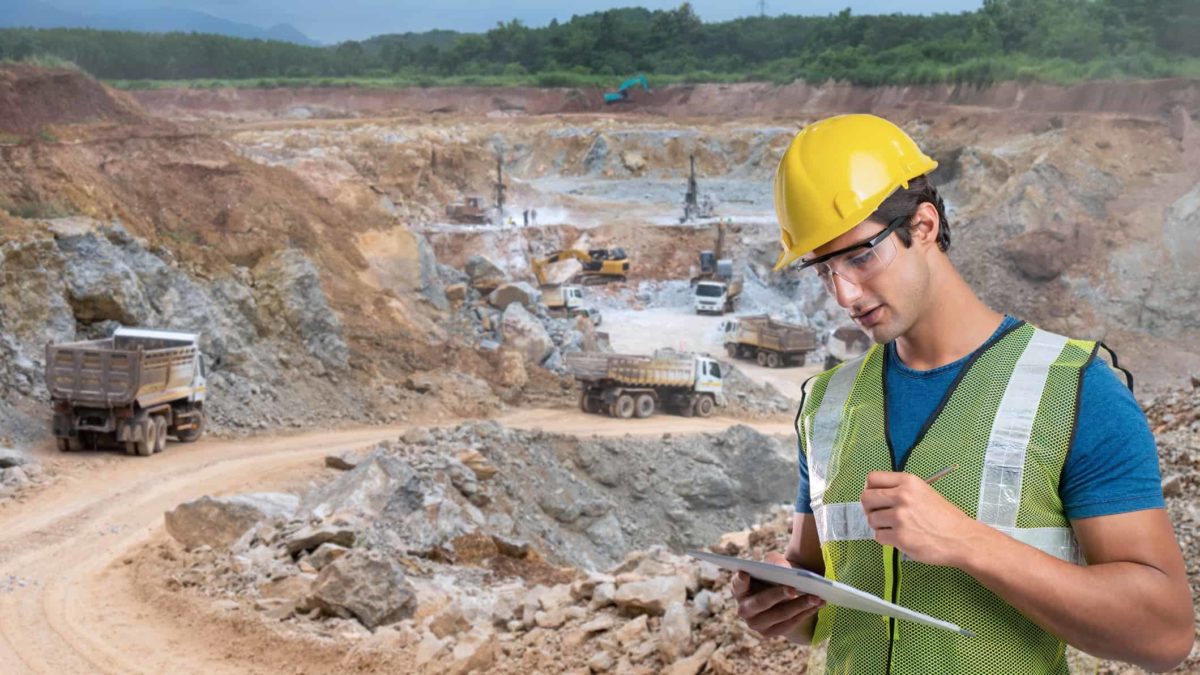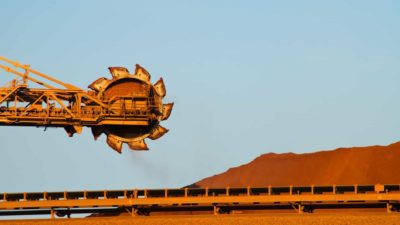BHP Group Ltd (ASX: BHP) shares are down 0.4% in afternoon trading.
Shares in the S&P/ASX 200 Index (ASX: XJO) mining company are currently changing hands for $48.12 apiece, down from Friday's closing price of $48.32 per share.
That's today's price action for you.
Now here's what BHP is looking for from the government.
What kind of action is the ASX 200 miner suggesting?
If you own BHP shares you may be aware that the miner covered a range of topics in its submission to the federal budget.
As we covered earlier today, what the mining giant certainly does not want is for the federal government to impose a Queensland-style tax on 'super-profits'.
Should that come into play, BHP CEO Mike Henry warned it would lead to "reduced investment, fewer jobs and, in the long term, lower living standards for Australians".
As for what BHP would like to see, the company pointed to the Inflation Reduction Act (IRA) recently enacted by the United States. Among the specifications, the IRA provides US$437 billion worth of subsidies for new energy projects.
"If Australia is to attract global capital and become a leader in the race for critical minerals, it needs to ensure it is globally competitive," BHP stated (quoted by The Australian Financial Review).
"Australia is the dominant global player in the mining of battery materials, but plays a relatively narrow role focused on mining and distribution of raw materials," the ASX 200 miner added. "The economic case for moving up the value chain is strong."
Indeed, rival ASX 200 iron ore miner, Fortescue Metals Group Limited (ASX: FMG), is already increasing its focus on US opportunities via its off-shoot, Fortescue Future Industries (FFI).
With a focus on 'green steel', Mark Hutchison the head of FFI, returned to the US last Wednesday to discuss the opportunities presented by green hydrogen with government and business leaders.
How have BHP shares been performing?
As you can see in the chart below, BHP shares are down 4% over the past 12 months. Longer-term, shares in the ASX 200 miner are up 70% over five years.









